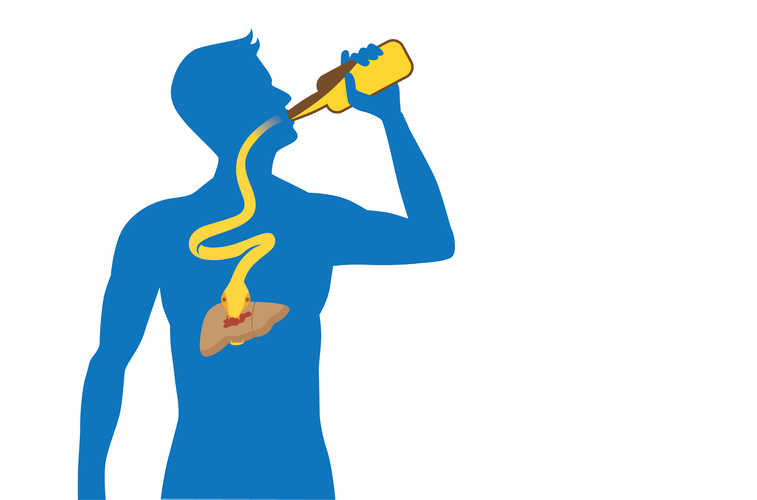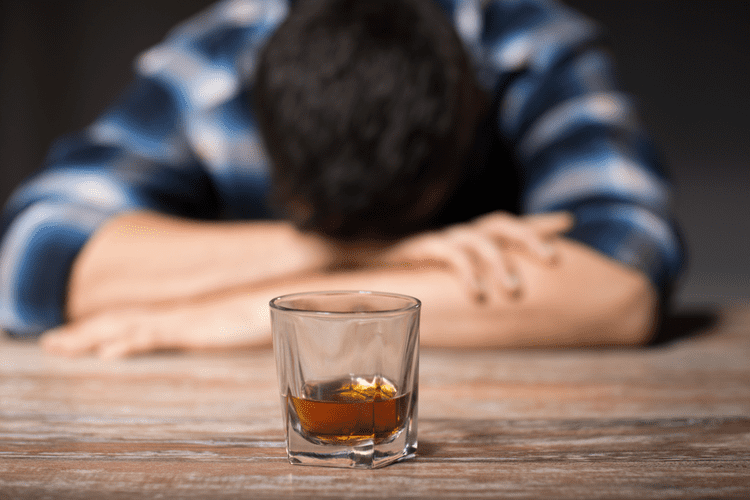Addressing this problem requires a comprehensive approach involving education, support, and intervention strategies tailored to address these contributing factors. Family environment and dynamics significantly influence a teenager’s likelihood of developing alcohol-related problems. The American Academy of Pediatrics states that early alcohol use is linked to increased risks of developing alcohol dependence later in life. This approach can inadvertently normalize alcohol use and increase the likelihood of risky drinking behaviors. At Guide Behavioral Health, we’re here to guide you through every step of the journey.
Teens may feel compelled to drink to be accepted or to conform to what they perceive as normal behavior within their social circles. The brain continues to develop until the mid-20s, and alcohol can disrupt this process, affecting areas responsible for decision-making, impulse control, memory, and learning. The Centers for Disease Control and Prevention (CDC) reports a gradual decrease in alcohol consumption among teens over the past decade. Alcohol addiction in teens is both complex and concerning, presenting a significant challenge in modern https://ecosoberhouse.com/ society. At Guide Behavioral Health, we work with families to develop prevention strategies and provide resources for maintaining open, supportive relationships. With access to helpful information, resources, and support, we believe that you can overcome any challenge and that you can stop drinking.

The 6 Stages of Mental Health Recovery
However, if these signs are persistent especially if they are coupled with the discovery of alcohol among a teenager’s belongings, it’s important to approach the situation with concern and empathy. This portrayal can downplay the risks and lead to misconceptions about the acceptability and safety of underage drinking. This pressure can be particularly intense in environments where underage drinking is common and seen as a norm, as noted by the American Academy of Pediatrics. The factors leading to teen alcoholism are multifaceted and complex, involving a mix of societal, psychological, and familial influences.
A Typical Treatment Plan for Teenage Problem Substance Use
Of course, there are also people who abuse substances even without a history of addiction in their families. Alcoholics Anonymous (AA) for teens offers a safe place for teens to share their struggles and connect with others in recovery. Encourage open communication by asking open-ended questions and showing understanding. Create a safe space where your teen feels comfortable sharing their experiences and fears. Although any teen is susceptible in abusing alcohol, there are certain groups of individuals that may be at more risk than others. In some people, the initial reaction may feel like an increase in energy.

What causes youth alcoholism?
Reach out today to learn how we can help you find the best support for your teen. Indicators of teen alcohol abuse can include slurred speech, difficulty with coordination, red or bloodshot eyes, regular hangovers, and the smell of alcohol on their breath or attire. Watch out for the signs of underage alcohol use in your home and take the pledge to Talk It Out with your teen today. So, what do parents do if they suspect their underage child is using alcohol? Talk It Out’s community education and outreach program helps parents give their kids a way to steer clear of teen alcohol use.
- Your child is already growing up fast, and the thought of them drinking before they’re old enough might feel especially troubling.
- Starting a conversation about alcohol with your teen can be challenging but is incredibly important.
- You might find it hard to recognize the signs of underage drinking apart from normal behaviors.
- When alcohol use disorder is present, the brain changes how it processes information, and its number one priority is to get more alcohol.
- What starts as experimentation can quickly escalate to dependence, especially if there are genetic, environmental, or emotional factors involved.
Physical Signs of Alcoholism in Teenagers
Among the youth that drink, about 42% reported drinking at least once a month, and 4% of youth classifies as heavy drinkers. In addition, some adolescents resort tostealingalcohol, either from parents or from stores. Some adolescents also go to local stores that will sell to underage customers or befriend store clerks to convince them to sell to teens. In anational survey,54% of 8th graders, 71% of 10th graders and 86% of 12th graders reported that it would be fairly or very easy for them to obtain alcohol.
These are red flags that should lead parents and other loved ones to seek advice, treatment, or counseling from qualified professionals in order to determine the best course of action. Adolescence is a critical period for brain development, and alcohol use during this time can lead to long-term consequences. Teens who drink are more likely to engage in risky behaviors, experience academic struggles, and develop dependency issues later in life. At Guide Behavioral Health, we’re dedicated to helping families navigate this complex issue with compassion and evidence-based solutions. As a parent, a caregiver, or even a concerned friend, it can be difficult to confront the signs of teenage alcoholism.
Other People
- Alcohol abuse is one of the most prevalent forms of substance abuse in teenagers and poses a significant health risk for these individuals.
- This mindset prompts them to isolate themselves from everyone, including you.
- In 2010, there were 189,000 visits to emergency rooms as a result of underaged alcohol-related injuries.
- Adolescents who are heavy drinkers may also be prone to brain damage later in their lives.
- They can offer guidance and advice on what you can do to help your child.
But talking to your child about drinking while they’re underage can make a tremendous difference. In 2023, only about 1 in 100 children between the ages of 12 and 13 reported trying alcohol within the last month. Alcohol Awareness runs a free national hotline that you can call 24/7 to teen drinking connect with recovery programs in your area. Some people call it to find help for themselves, but you can also call to get help for a loved one who is struggling with alcohol abuse.
There are programs available at teenage rehab centers that might be effective when it comes to treating your teen. Your teenager may be able to benefit from the unique therapy options that teenage rehab centers have to offer. You shouldn’t be afraid to subtly bring up the fact that you’ve noticed your teen’s bloodshot eyes. They might be able to provide a justifiable reason for it, or they might confirm your suspicions even if they don’t come right out and admit to abusing alcohol.
What are the effects of underage drinking?
They try to do this in manners that challenge authority, particularly the close authority figures they have followed most of their lives, such as teachers and parents. Use of alcohol is one way to challenge this authority, but children and adolescents do not fully understand the risks on their Alcohol Use Disorder health and behavior. Socially awkward teens may use alcohol as a confidence booster to do things they won’t normally do. Alcohol helps in loosening inhibitions, potentially turning a shy teenager into the life of the party.Alcohol can even be an excuse for doing reckless or humiliating things.
